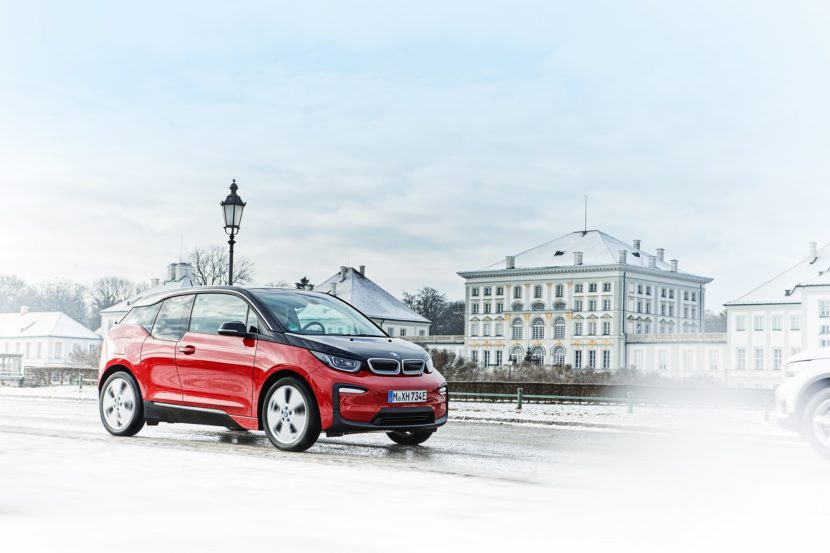One of the advantages electric cars bring to the table is the cheap maintenance cost. Unlike conventional cars, EVs such as the BMW i3, don’t need oil changes or filter changes as it would be the case on internal combustion cars. As a matter of fact, they rarely need their brakes replaced, as they use regenerative braking especially around town. On the BMW i3, the regenerative brakes are so strong, you can basically drive the car using solely one pedal.
But just how far can one go using the original brake pads and rotors? Well, the answer comes from a satisfied BMW i3 customer who managed to cover 277,000 kilometers with the original brakes. Helmut Neumann from the community of Titz in North Rhine Westphalia claims he never changed his pads or rotors since he bought his car in 2014. “Apart from the immense driving pleasure, the BMW i3 is simply an extremely economical car,” he says. “This applies both to power consumption and maintenance costs alike.”
An analysis by the German Automobile Club ADAC has already shown that in addition to ecological aspects, economical aspects speak in favor of the electric vehicle. In a comparison of overall costs, the BMW i3 was around 20 percent better in terms of size and performance than a comparable BMW model powered by a combustion engine. In addition to lower energy costs and high value retention, low expenditure for maintenance and wear also contribute towards cost-effectiveness.
For the driver of a BMW i3, oil changes or defective exhaust systems are no longer an issue. Deceleration is usually effected by means of recuperation. Therefore, even after over 277,000 kilometers, Helmut Neumann has still not had to replace the brake pads and discs on his BMW i3 one single time. He did, however, take part in the BMW retrofit program, changing the original 60Ah batteries of his i3 with the 94Ah version, for more range. According to him, the new set of batteries offer more range and make longer trips more comfortable.






































































